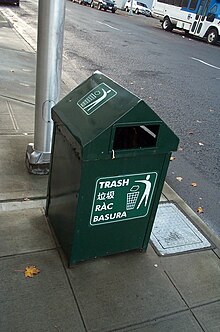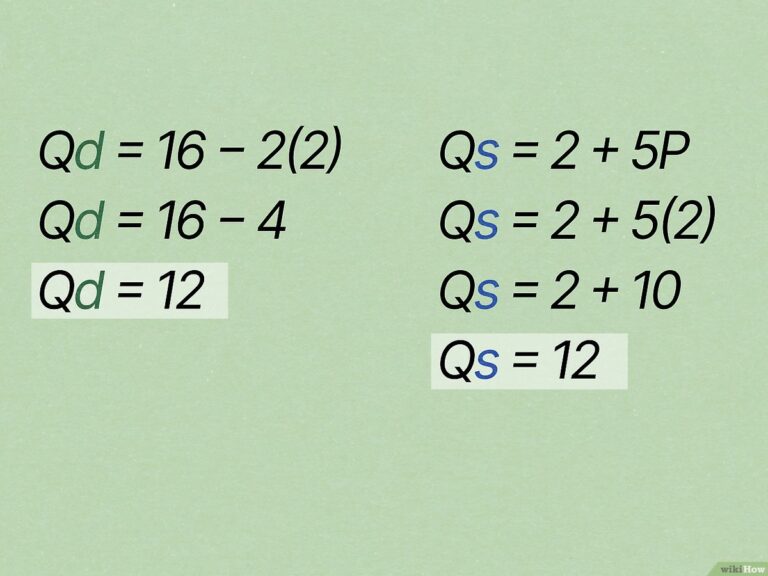What Is Australian English : Discover the Unique Linguistic Landscape
Australian English is the official language of Australia, spoken by the majority of its population. It is a distinct variety of English that has evolved over time, influenced by the country’s unique history, geography, and multicultural population. Let’s explore the characteristics and features of Australian English.

Credit: en.wikipedia.org
1. Vocabulary
Australian English has its own unique vocabulary, with many words and phrases that are not commonly found in other varieties of English. Some famous Australian terms include:
| Australian Term | Meaning |
|---|---|
| bush | rural or undeveloped areas |
| brekkie | breakfast |
| arvo | afternoon |
| thongs | flip-flops |
| barbie | barbecue |
The Australian vocabulary has also been influenced by Aboriginal languages, as well as British English and other languages brought by immigrants over the years.
2. Pronunciation
Australian English has its own distinct pronunciation patterns. Some common features include:
- Non-rhotic accent: Unlike American English, Australian English is non-rhotic, which means the ‘r’ sound is not pronounced at the end of words or before a consonant.
- Vowel shifts: Australian English has undergone vowel shifts, resulting in unique pronunciations. For example, the ‘i’ sound in words like ‘knife’ and ‘life’ is pronounced as a long ‘a’ sound.
- Diphthongs: Australian English utilizes specific diphthongs, such as in the word ‘no’, which is pronounced as ‘naow’.
3. Slang
Australia is well-known for its vibrant slang language. Australians often use informal and colloquial language in their daily conversations. Some popular Australian slang words and phrases include:
- G’day: Short for “good day,” used as a casual greeting.
- Mate: A term used to refer to a friend, person, or stranger.
- Sheila: A slang term for a woman.
- Fair dinkum: Means “true” or “genuine”.
- Cobber: Another term for a close friend or mate.
4. Spelling and Grammar
Australian English follows British English when it comes to spelling and grammar rules. However, there are a few subtle differences. For instance:
- Words like ‘color’ and ‘favor’ are spelled with a ‘u’ as in ‘colour’ and ‘favour’.
- The ‘s’ in words like ‘realize’ and ‘organize’ is replaced with a ‘z’.
- Australian English tends to use single quotation marks instead of double quotation marks.
It is important to note that while Australian English has its own unique characteristics, it is still easily understood by speakers of other varieties of English around the world.

Credit: m.facebook.com
5. Multicultural Influence
Australia is a diverse and multicultural country, and this diversity has had a notable impact on the development of Australian English. Various immigrant communities have contributed to the language, introducing new words, phrases, and expressions from their native languages.
The Aboriginal languages, spoken by the Indigenous peoples of Australia, have also influenced Australian English, with some Indigenous words becoming a part of the everyday vocabulary.
Overall, Australian English is a dynamic and evolving language that reflects the unique cultural heritage and linguistic diversity of Australia.
By understanding the distinct characteristics of Australian English, you can better appreciate the rich linguistic tapestry of this fascinating language.




